(135373 products available)























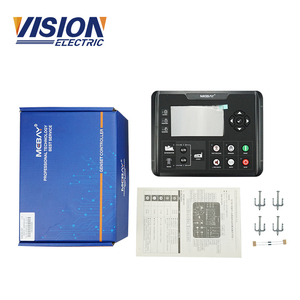

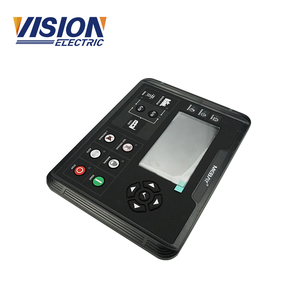














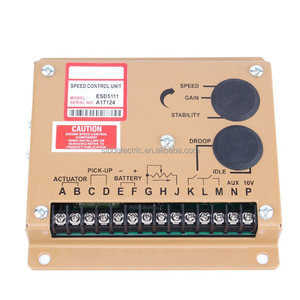






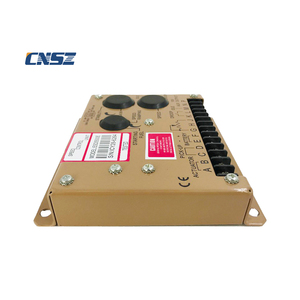

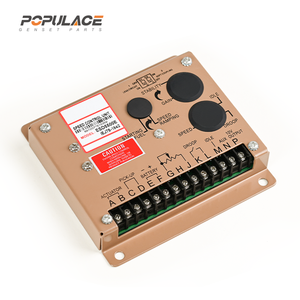














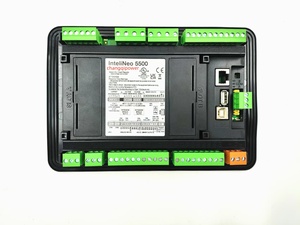

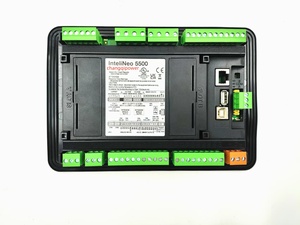

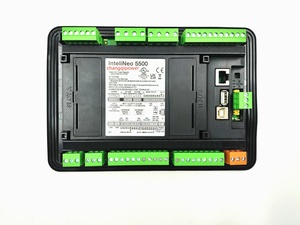











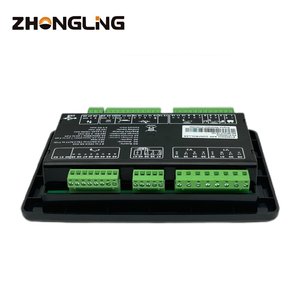

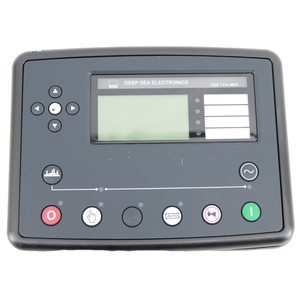

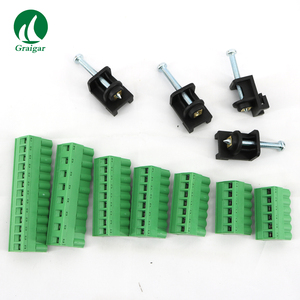

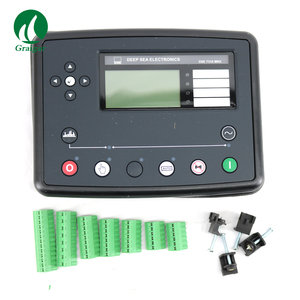
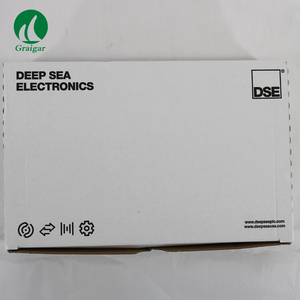
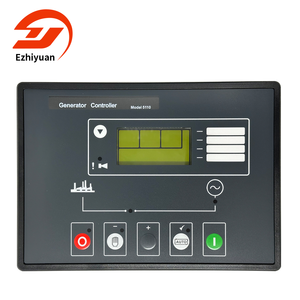
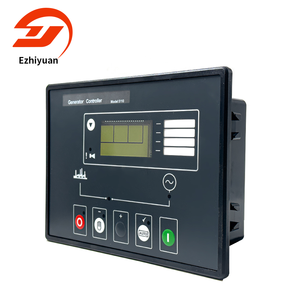
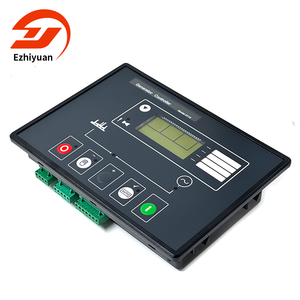
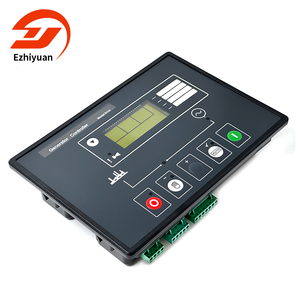
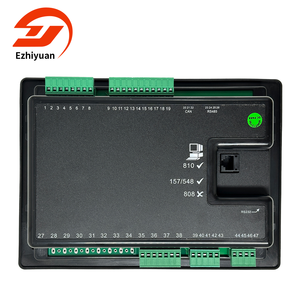
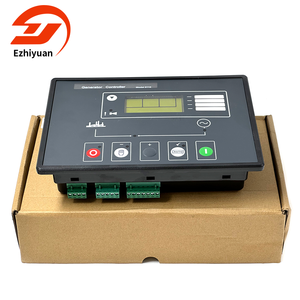








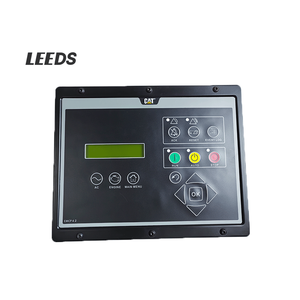


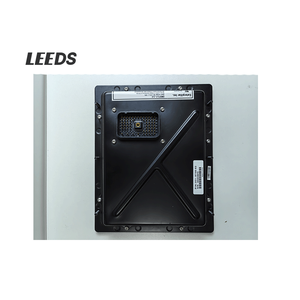








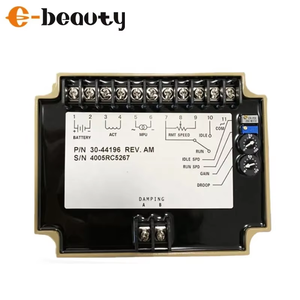
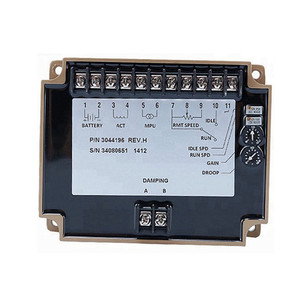
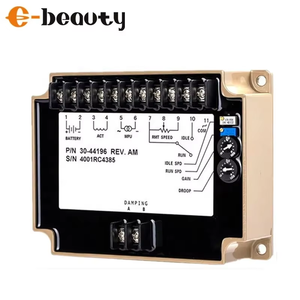



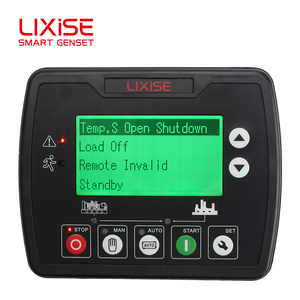










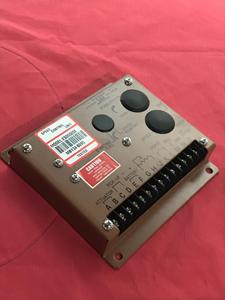

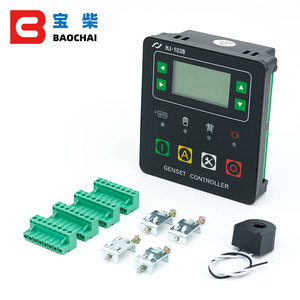
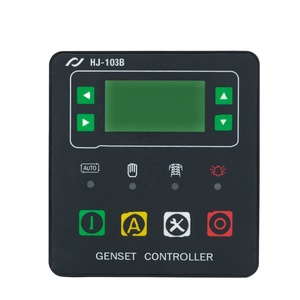
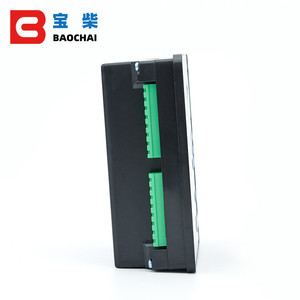


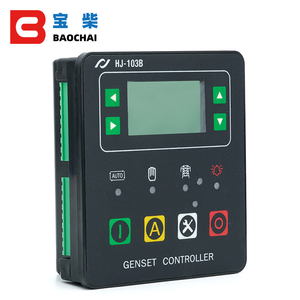
























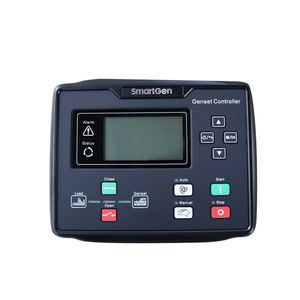
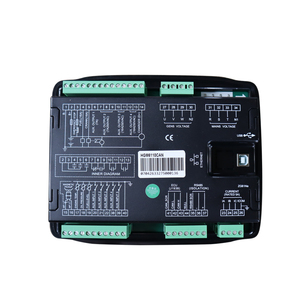




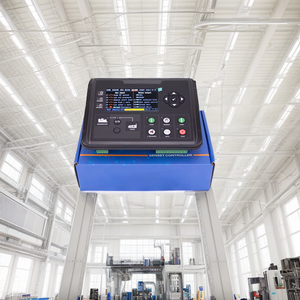
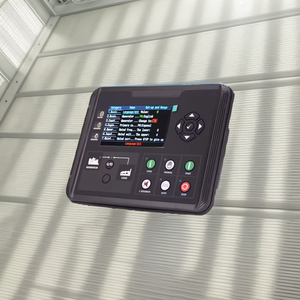



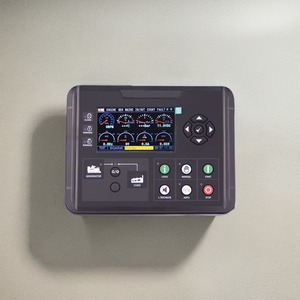

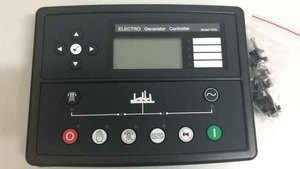
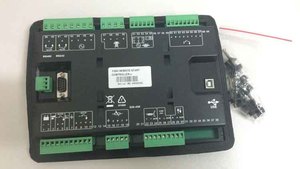



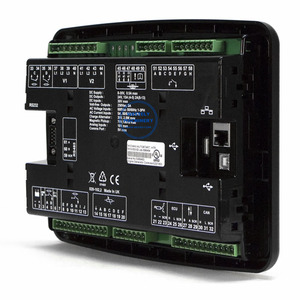

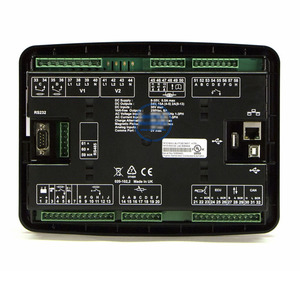














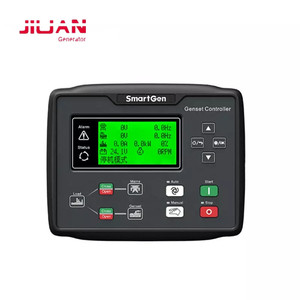







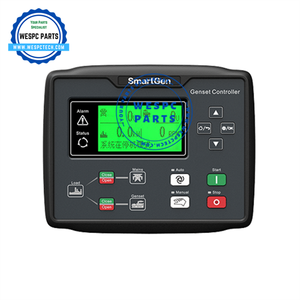


Generator controllers are used to enhance performance by regulating and controlling the working of generators. Their types are discussed here in some detail:
These controllers use a self-regulating, feedback approach to maintaining constant voltage output, irrespective of load changes. While operating, there is no need for adjustments as they automatically stabilize the voltage. This quality makes them suitable for non-technical personnel. Automatic controller generators find applications in industries requiring uninterrupted power supply and constant voltage. For example, hospitals, data centers, and manufacturing plants apply this controller type due to the need for stable power environments.
Digital generator controllers, in contrast to analog systems, have come to be used due to advanced microprocessor technology. They facilitate control algorithms for enhanced performance with better precision in voltage regulation, load sharing, and fault diagnostics. In addition, user interfaces are often available, enabling easy access to performance monitoring and historical data through the available interface. These controller types are commonly used in industries where power demands are dynamic and operational reliability is a must, such as telecommunications, oil and gas extraction, and renewable energy systems.
The human-operated controllers require manual adjustments for voltage stabilization, differing from automatic controllers. While they are mostly outdated, some simple or smaller generators still need manual systems. Manual controllers are useful in small applications where power demand is stable. In those situations where generators are not sealed in protection and where costs must be kept at a minimum, these controllers can be found. Manual controllers are often found in old systems because of their simple designs and easy functionality, but frequent human errors also lead to problems.
AMF generator controllers, or Automatic Mains Failure controllers, switch to backup generators automatically following a power outage. They work by detecting outages or drops in power, thus giving time to the generator to start up automatically while maintaining critical functions such as keeping essential services operating. In addition to this, after power restoration, the controller shifts back to the main power source, all without manual intervention. These controllers find common applications in facilities where power reliability is essential but primary power sources are sometimes inconsistent, such as in hospitals and commercial buildings.
As generators work together, these controllers help ensure they run in harmony without overloading any one of them. Load sharing, phase matching, and frequency synchronization are important functions of these controllers, allowing multiple generators to operate as a single entity. They are useful where higher capacity needs arise, such as in large industrial operations or grid-connected power systems. With the use of these types of controllers, efficient energy distribution is possible in any situation that requires scalability and dependable redundancy.
Knowing the various types of generator controllers is important for those in the Generator Set business to avoid buying components that are not suited to their target market, especially since they deal with various industrial and construction customers. These features are crucial to maintaining generator efficiency and reliability:
The voltage related feature on a generator controller allows for the provision of steady voltage output, eliminating the case of over or under voltage. Steady voltage helps protect machines and sensitive appliances from fluctuations. Any variations in generated power may also affect the performance and longevity of devices in industries like electronics manufacturing and healthcare due to their need for precise voltage control.
In setups that use multiple generators, controlled load sharing makes equal power distribution easy without one generator being overloaded. This function minimizes wear and tear on generators, hence enhancing their longevity. As such, any business that employs several generators to meet their power demand requirements, such as mining or large-scale manufacturing plants, will benefit from improved efficiency and reduced operational costs.
Communication or human-machine interfaces enable seamless interactions with the controller, thus permitting real-time data visualization, event logging, and easy parameter setting. Some of these interfaces are graphic displays, which are simple for users to operate. Some of the industrial controller systems can even be integrated with mobile devices for more convenient usage. This is very critical in industries where managers must have access to performance indicators for decision-making and reporting dashboards like those of manufacturing, logistics, and telecommunications.
This feature ensures that the operating generators start up and shut down automatically, depending on power needs. This is done to save fuel and ensure that the wear and tear of the system is as minimal as possible. Industries with variable power demand, such as wastewater treatment facilities and oil refineries, will benefit from better efficiency and cost savings.
Most controllers now offer remote monitoring and control capabilities, enabling power plants to track generator performance and make necessary adjustments from virtually anywhere. This feature is helpful in reducing the response time in case of problems and making operations more accessible. This function is beneficial to people in industries like telecommunications and oil and gas extraction that may work in hard-to-reach areas or locations away from their main offices.
Generator Controllers have a lot of commercial applications. Some of them are as follows:
This is the case where generator controllers help with continuous and reliable power supply when there is no electricity. Large-scale operations, such as data centers or mining industries, need a stable electric supply, and controller-based generator sets provide one. These facilities minimize power outages and ensure operations run smoothly by constantly monitoring and adjusting output to match fluctuating loads.
Generator controllers can reduce electricity costs by controlling when the backup generators or ECS should run during periods of high power demand. In industries such as manufacturing, where energy costs can be significant, these controllers balance load between generators and utility power, thus lowering expensive peak times through energy use optimization and cost savings.
Generator controllers are widely used to provide electric power to telecommunications equipment in remote and field locations, such as cell towers. Controllers will ensure that the generator will supply power continuously, with variations in demand or work conditions being corrected. For telecom and oil and gas extraction companies working in remote locations, reliability and efficiency are important for keeping vital communications and services operational.
Construction sites heavily depend on generator controllers to manage the power supply to tools and equipment. The controllers there will ensure that the power output will be balanced as load demands change, mainly working to avoid any power surges that may harm sensitive equipment. This helps protect the devices from industrial firms dealing with construction and big jobs, ensuring work is completed without power outages or equipment failures.
Generator controllers provide backup power for heating, ventilation, and air conditioning systems. In hospitals or data centers where there is a need to ensure that the system must continue operating, the controllers will manage the generator power supply, helping them to achieve the right outputs even during power fluctuations. These industries keep the environment controlled by keeping the equipment running to protect patients' health or sensitive data servers.
The selection of the right generator controller will significantly impact the system's efficiency and reliability. Therefore, it's important to consider the following when choosing:
Understanding the power needs of the controlled generator is a major consideration when choosing a controller. A proper controller must manage the electrical load and power output, keeping these parameters in mind to ensure optimum operation. Applying the right size of controller means that people will not face overloads or under-utilization, which is particularly relevant to industries like mining and manufacturing that deal with large power demands.
Other factors that should be considered are the ambient conditions where the generator is housed. Factors like humidity, temperature, and dust may have their impact on controllers. The right one will guarantee resistance to these hazardous factors, such as weatherproof or dustproof enclosures. This ensures optimally functioning controls inside and outside, not affected by external environments, particularly in telecom or construction where shelters may not always be present.
What is important for the controller choice is that it should be compatible with other systems, such as the main electric panel or a building automation system. Some modern controllers come with monitoring or communication add-ons making them more adaptable to various systems. This is especially important for commercial facilities or industrial complexes where there are existing infrastructure integrations that need more controllers.
Regulatory compliance, such as emissions standards or industry-specific safety requirements, is another factor to consider. The controller will work to ensure that the generator meets these regulations, thus preventing compliance-related issues and even fines. Industries like oil and gas and power plants have strict emissions and safety rules, so those companies buy controllers with compliance certificates to eliminate violation risks.
Ease of maintenance, warranty, and after-sales support are some factors that have to be considered when selecting controller systems. The systems with fewer maintenance needs and good warranty and service backup can bring down the operational costs. This factor is even more critical for those in remote locations such as cell towers or field operations because of the limited access to servicing and repair.
A1: Generator controllers regulate generator performance by monitoring and adjusting voltage, frequency, and load, thus ensuring stable and efficient power output.
A2: Digital controllers are more precise, with better efficiency and features like data logging, making them superior for industries needing high performance.
A3: AMF controllers automatically switch to backup power after a power failure, ensuring uninterrupted power supply for critical operations.
A4: Yes, they are used in industries like telecommunications, oil and gas, and construction to maintain power reliability in various operations.
A5: Remote monitoring allows real-time performance tracking and adjustments from afar, benefiting industries with hard-to-reach locations.